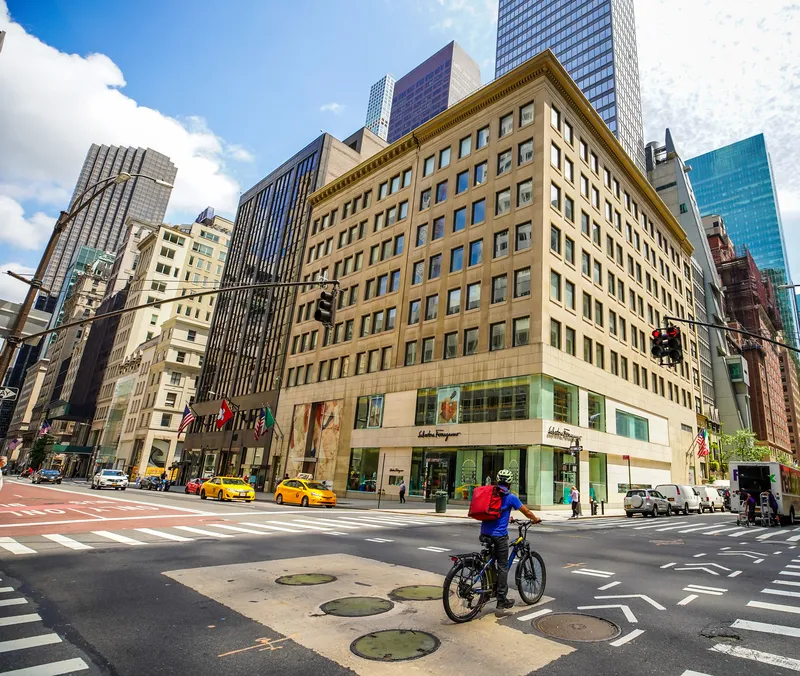
New York City is seeking to create an administrative framework to deal with new and non-traditional delivery modes such as e-bikes, mopeds and cargo bikes on streets and sidewalks.
City mayor Eric Adams said he was in discussion with the City Council to create the Department of Sustainable Delivery which would establish clear goals and guidelines for the future of delivery in the city.
This would be "a first-in-the-nation entity that will regulate new forms of delivery transit and ensure their safety", Adams said.
The new department "will prioritise safety while harnessing the potential of these new forms of transportation".
"We will combine work that is now spread over multiple agencies, establishing goals and guidelines on everything from traffic safety to corporate accountability — all while cutting down our city’s carbon footprint."
The mayor said public safety included safer streets for pedestrians, cyclists, drivers and delivery workers.
"New Yorkers welcome the future of transit and new electronic technologies — but we cannot have mopeds speeding down our sidewalks and forcing people to jump out of the way. We must also protect the drivers and delivery workers who show up for New Yorkers at all times of day and in all kinds of weather."









